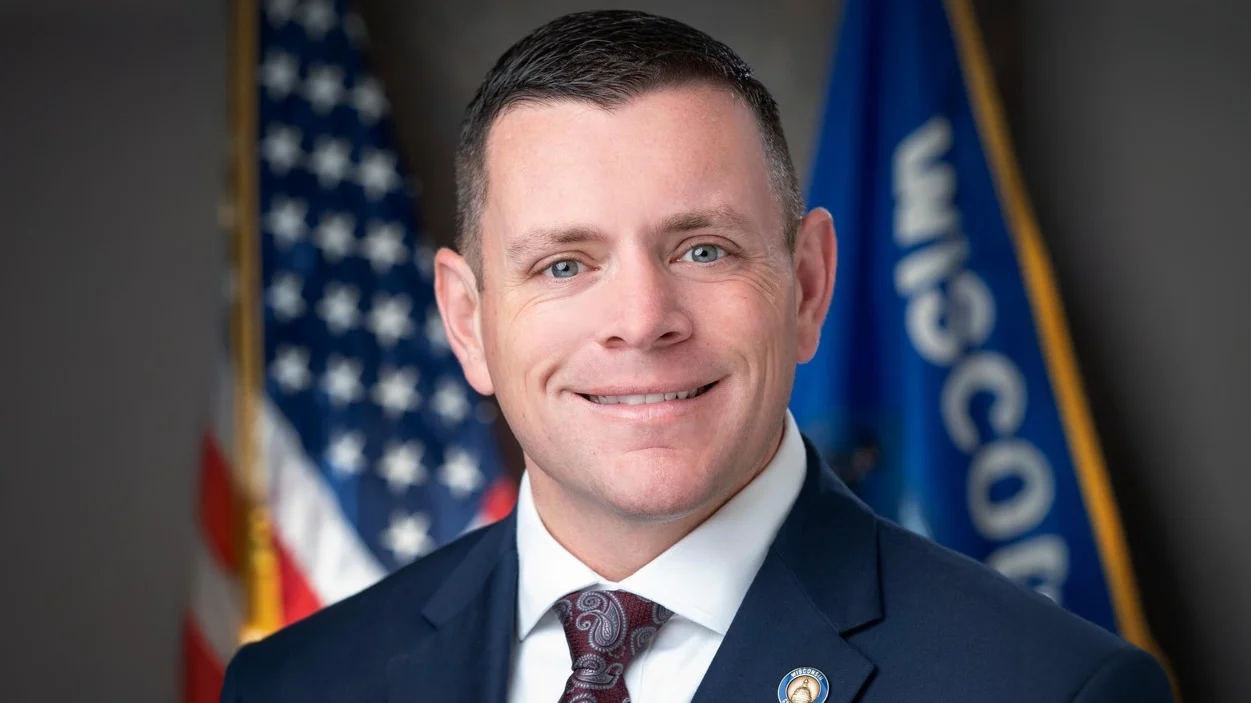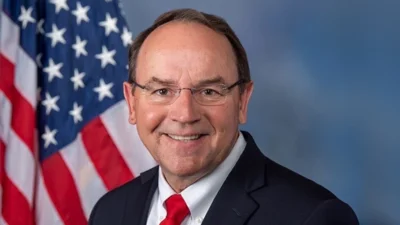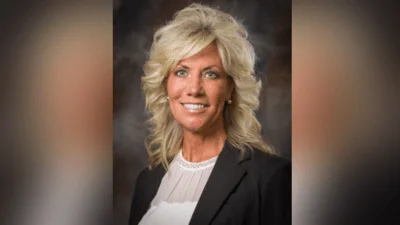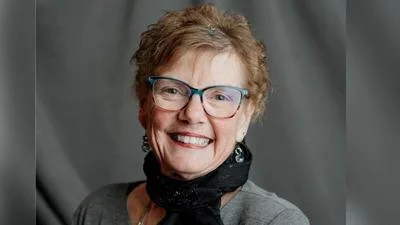Patrick Testin, Wisconsin State Senator for 24th District | Official Linkedin
Patrick Testin, Wisconsin State Senator for 24th District | Official Linkedin
According to the Wisconsin State Legislature's official website, the bill was described as follows: "creating a video game production tax credit and making an appropriation. (FE)".
The following is our breakdown, based on the actual bill text, and may include interpretation to clarify its provisions.
In essence, this bill establishes a refundable tax credit for video game production in Wisconsin, applicable for taxable years starting after Dec. 31, 2024. Qualified applicants can receive credits of 30% for eligible wages and expenditures directly related to the development, production, or creation of video game products for commercial entertainment, excluding social media, gambling, or obscene content. To be eligible, entities must operate a business and maintain a physical location in the state. Approval requires applicants to own or seek a copyright for video game production and submit verified audits of expenditures and wages. The credit can exceed the claimant's tax liability, with any excess refunded.
The bill was co-authored by Representative Clint P. Moses (Republican-92nd District). It was co-sponsored by Representative Elijah R. Behnke (Republican-6th District), Representative Calvin T. Callahan (Republican-35th District), and Representative Russell Goodwin (Democrat-12th District), along with two other co-sponsors.
Patrick Testin has authored or co-authored another 27 bills since the beginning of the 2025 session, with one of them being enacted.
Testin graduated from the University of Wisconsin at Stevens Point in 2011 with a BS.
Testin, a Republican, was elected to the Wisconsin State Senate in 2017 to represent the state's 24th Senate district, replacing previous state senator Howard Marklein.
In Wisconsin, the legislative process starts when a senator, constituent, group, or agency proposes an idea for a bill. After drafting, the bill is introduced, numbered, and referred to a committee for review and public input. If approved, it moves through three readings and votes in both the Senate and Assembly. Once both chambers pass the same version, the bill goes to the governor, who can sign it, veto it, or let it become law without a signature. Only a small share of bills introduced each session ultimately become law. You can learn more about the Wisconsin legislative process here.
| Bill Number | Date Introduced | Short Description |
|---|---|---|
| SB204 | 04/16/2025 | Creating a video game production tax credit and making an appropriation. (FE) |
| SB190 | 04/14/2025 | Ratification of the Respiratory Care Interstate Compact. (FE) |
| SB173 | 04/03/2025 | Creating a rural creative economy development grant program. (FE) |
| SB164 | 03/27/2025 | Use of certified seed potatoes in planting potatoes and providing a penalty. (FE) |
| SB156 | 03/26/2025 | Requiring first responders to be trained to administer epinephrine delivery systems. (FE) |
| SB152 | 03/21/2025 | Financial eligibility for the Alzheimer’s family and caregiver support program. (FE) |
| SB113 | 03/07/2025 | A transition to grazing pilot program and making an appropriation. (FE) |
| SB96 | 03/07/2025 | Exempting certain electric vehicle charging stations located at a residence from the electric vehicle charging tax. (FE) |
| SB71 | 02/26/2025 | Ratification of the Dietitian Licensure Compact. (FE) |
| SB68 | 02/24/2025 | The prescription drug monitoring program. (FE) |
| SB24 | 02/05/2025 | Limitations on the total value of taxable property that may be included in, and the lifespan of, a tax incremental financing district created in the city of Middleton. (FE) |





 Alerts Sign-up
Alerts Sign-up